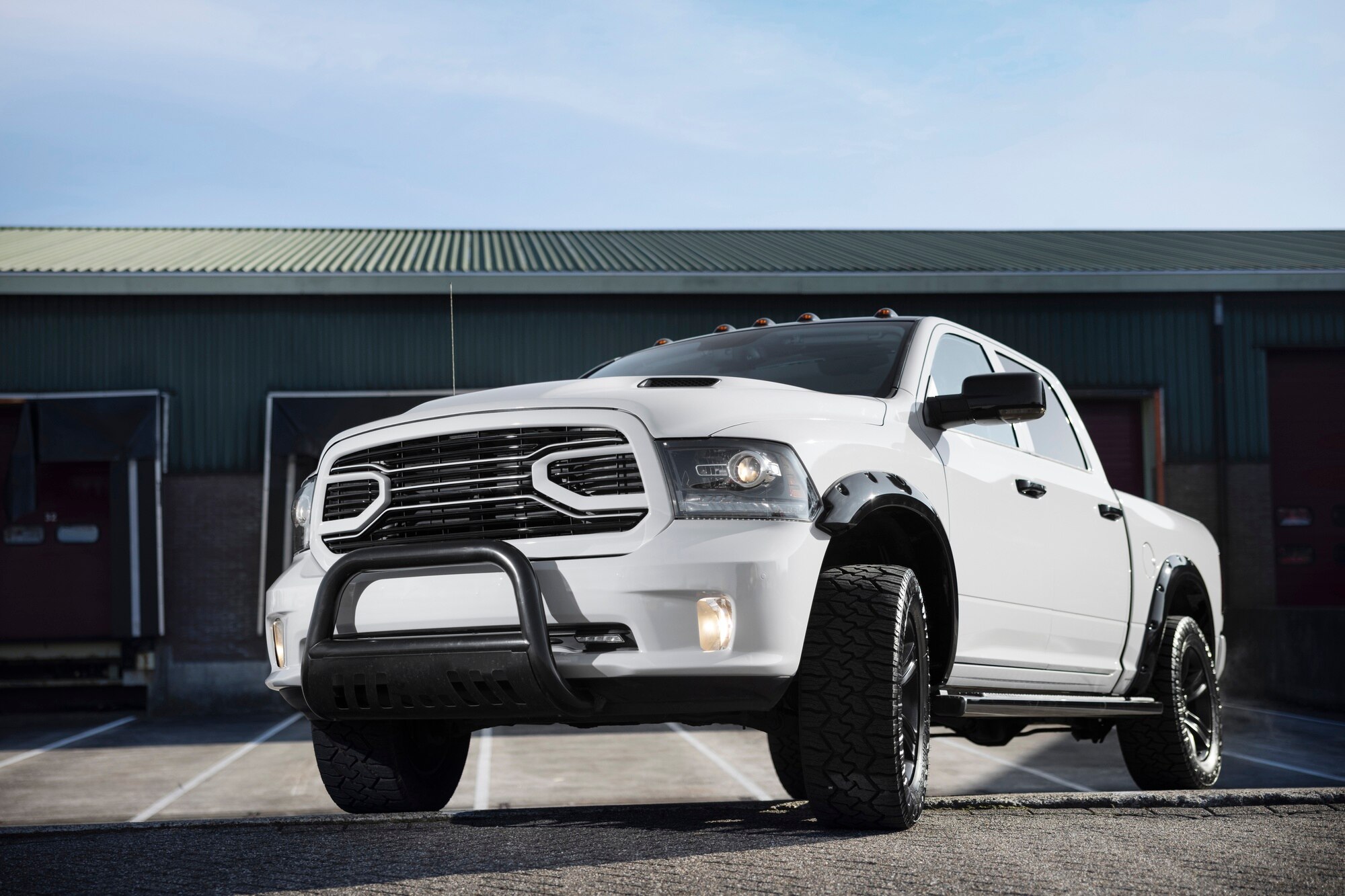“1-Ton Pickup” Doesn’t Refer to the Vehicle’s Weight But to Its Load Capacity!

(Photo Credit: freepik)
Many people are familiar with the term “1-ton pickup truck,” but most may not realize that “1 ton” does not refer to the vehicle’s weight. Instead, it indicates the legally permitted load capacity.
A 1-ton pickup truck, whether it’s a single cab, extended cab, or double cab, refers to a truck that can carry a maximum load of 1,000 kilograms (1 ton), as stipulated in the Land Transport Act of 1979. If you need to carry more than this, you must apply for permission to modify the truck, such as reinforcing the leaf springs, to ensure it can handle the additional load safely.
Regulations for Carrying Loads
Under the Land Transport Act of 1979, the following rules apply to loading a pickup truck:
- The load width must not exceed the width of the vehicle.
- The load length must not extend beyond the front hood, and the rear can protrude up to 2.5 meters.
- The load height, measured from the ground, must not exceed 3.8 meters.
If the load protrudes more than 2.5 meters from the rear, you must attach a red fluorescent flag or cloth measuring 30x45 cm to the end of the load. For nighttime loading, a red light visible from 150 meters must be attached, and precautions must be taken to prevent items from falling to ensure road safety.
Risks of Overloading a Pickup Truck
Overloading makes the vehicle harder to control. Steering, braking, and stability become compromised, increasing the risk of accidents, such as losing control or overturning, especially when turning or braking suddenly.
Moreover, using tires unsuitable for the excess weight may lead to tire blowouts, causing the vehicle to lose control and pose a danger to others on the road – a common issue seen in everyday life.
Claim your free car valuation today!
Read More: How many years does a car battery last?
Looking for a car appraisal? You can contact us for a free car valuation within 24 hours…
